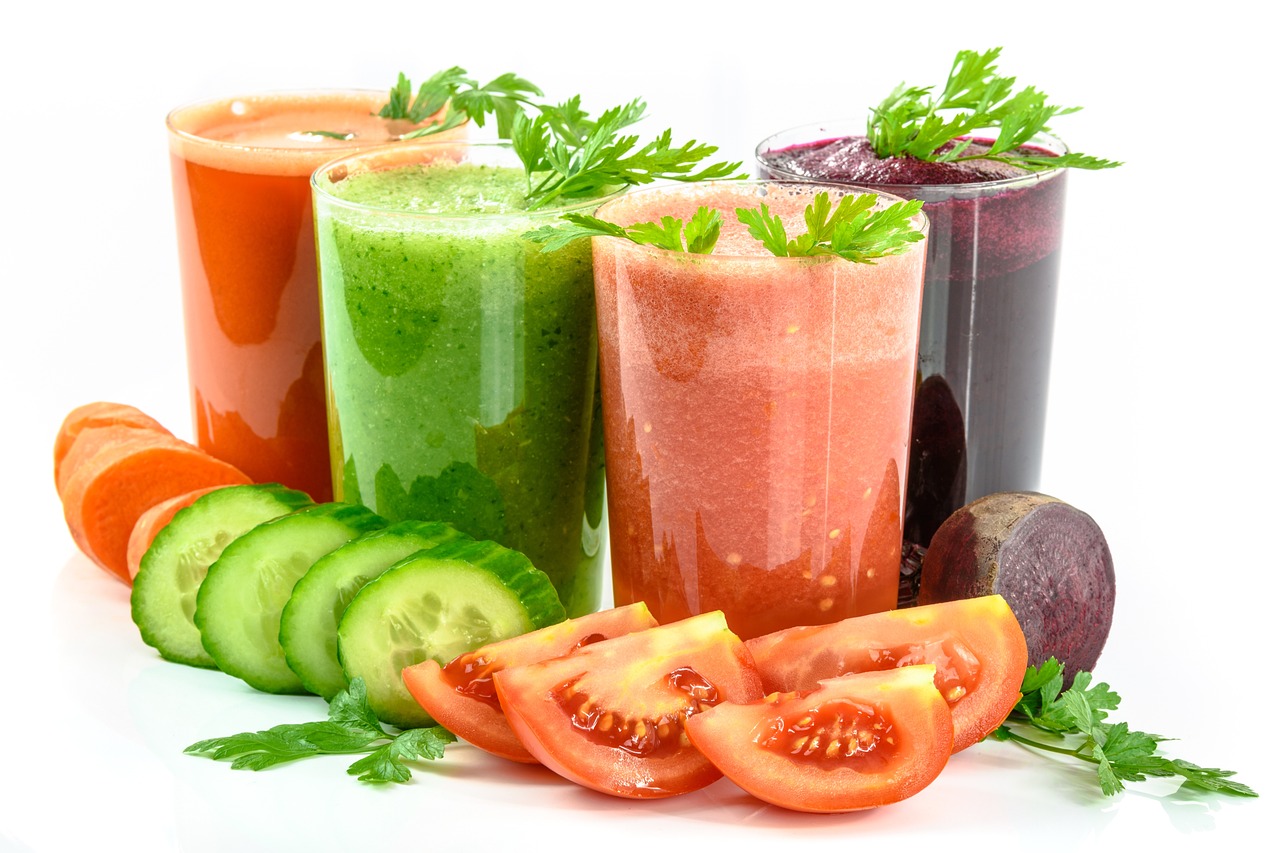
Different types of juice offer different health benefits. For example, orange juice is a good source of Vitamin C, while cranberry juice can help prevent urinary tract infections. juicing your own fruits and vegetables at home, you can control the ingredients and tailor the juices to your own health needs.
How to make your own juice
Making your own juice is a great way to get the nutrients and vitamins you need from fruits and vegetables. It is also a refreshing and healthy way to enjoy a snack or drink. Here are some tips on how to make your own juice:
Choose fresh, ripe fruits and vegetables for juicing. Wash them thoroughly before juicing.
Peel and remove seeds from fruits like oranges, lemons, and grapefruits.
Cut the produce into small pieces so they fit easily into the juicer.
Juice the fruits and vegetables using a juicer according to the manufacturer’s directions.
Enjoy your homemade juice immediately or store it in a covered container in the refrigerator for later.
Recipes for healthy juices
If you’re looking for recipes for healthy juices, you’ve come to the right place. Here at Fruit and Vegetable Juice: How Food Affects Health, we believe that juicing is a great way to improve your health and well-being.
Juicing allows you to consume more fruits and vegetables than you would normally eat, which means you’re getting all of the essential nutrients that they offer. Not only that but juicing also helps to cleanse your body of toxins and impurities.
There are endless possibilities when it comes to juicing recipes, so we’ve compiled a few of our favorites for you to try. From refreshing and fruity juices to vegetable-packed ones, there’s something for everyone.
We hope you enjoy trying out these recipes and that they help you on your journey to better health!
The downside of juicing
While juicing fruits and vegetables can have some health benefits, it also has some potential downsides. One of the biggest potential problems with juicing is that it can lead to nutrient deficiencies. When you juice, you remove the fiber from fruits and vegetables, which means you’re also removing some of the nutrients that are found in those foods. Juicing can also cause blood sugar spikes since the sugar in fruits and vegetables is concentrated when the water and fiber are removed. If you have diabetes or are trying to lose weight, juicing may not be the best option for you. Finally, juicing takes time and can be expensive, so it may not be practical for everyone.
Conclusion
It is evident that food affects health. The type of food we eat can either promote good health or put us at risk for developing chronic diseases. Eating a diet rich in fruits and vegetables is associated with numerous health benefits, including a lower risk of heart disease, stroke, cancer, and diabetes. Juicing is a great way to increase your intake of these healthy foods. Not only does juicing make it easier to consume the recommended daily amount of fruits and vegetables, but it also helps preserve the nutrients in these foods. When choosing juices, be sure to select those that are made with 100% fruit or vegetable juice and avoid those with added sugars.
